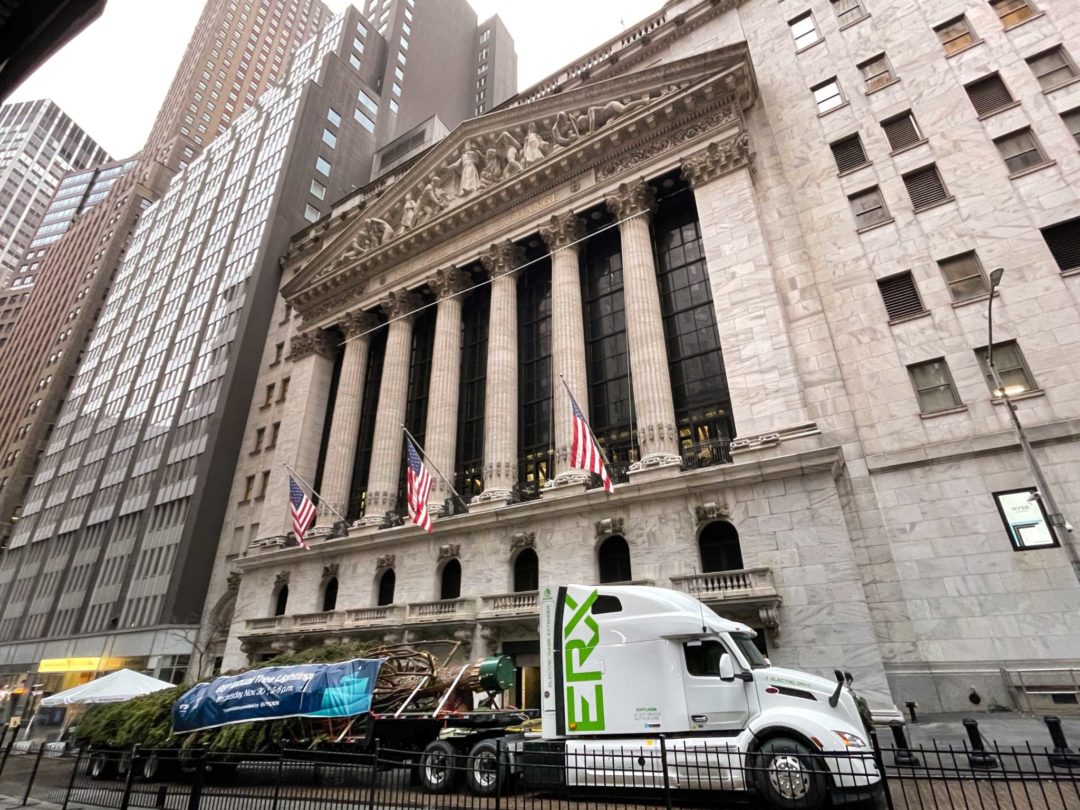Survey: companies see potential cost savings in sustainability plans
Eight in 10 companies have green efforts underway, seeking fuel savings to offset economic headwinds.

Eight in 10 companies have sustainability efforts underway in their supply chains, but just 38% say they are able to actually measure the results of those efforts, according to an industry survey from the last mile delivery solution provider DispatchTrack.
The study showed that most companies claim to be prioritizing sustainability or have plans to do so in the coming year, despite fighting accelerating economic headwinds such as growing inflation and driver shortages. The statistics came from the “Last Mile Sustainability Perspective” report, which was based on a survey of over 140 supply chain professionals from a variety of industries conducted in October and November.
At first glance, those results show an apparent contradiction between launching sustainability initiatives and struggling to control rising business costs. But the survey also revealed that most companies see sustainability as a way to cut spending, not just improve their environmental, social, and governance (ESG) records.
For example, the report showed weak support for electric vehicle (EVs), with only 14% saying they are using or have plans to use battery-powered trucks in the near term. Their hesitation is due to lack of knowledge about the technology, limited charging station infrastructure, and worries about lack of range. But despite that reluctance, the report found 85% of companies would consider adding EVs in order to save on fuel costs, although just 60% would consider using EVs to reduce their fleet’s carbon emissions.
Additional areas where companies are searching for savings include last mile operations, which respondents said could be better optimized through steps like delivery execution (42%), customer communication (41%), and routing (40%).
“There’s no question the economy is having a major impact on all aspects of business and the supply chain certainly is no exception. Everyone is facing pressure to do more with less,” Satish Natarajan, DispatchTrack’s co-founder and CEO, said in a release. “At the same time, the C-suite recognizes that the last mile delivery experience is crucial to customer retention so they have to find a way to reduce costs without breaking their promise to customers. Fortunately, a superior delivery experience and cost efficiency aren’t an either/or. Route optimization not only ensures deliveries are made on time but is also critical to cost savings by reducing miles driven and trucks on the road, which also happens to cut carbon emissions.”
The report comes as the electric truck sector continues to make slow, steady progress but has carved out just a small percentage of market share. Battery-powered EVs comprise just a sliver of overall truck sales, despite a handful of recent success stories such as Hyliion providing the Class 8 semi-truck that delivered the New York Stock Exchange’s annual Christmas tree, Tesla delivering its first-ever electric semi to a PepsiCo plant in California, and real estate firm Prologis installing 38 charging plugs at a west coast DC.
DispatchTrack's newest survey report is out now! 77% of companies are prioritizing sustainability or plan to do so in 2023. But what does that look like in the face of growing inflation?
— DispatchTrack (@dispatchtrack) December 1, 2022
In our Last Mile Sustainability Perspective, we share what we found: https://t.co/WsdzgcqPbt pic.twitter.com/BUdqWtAcY2
Related Articles
Copyright ©2024. All Rights ReservedDesign, CMS, Hosting & Web Development :: ePublishing